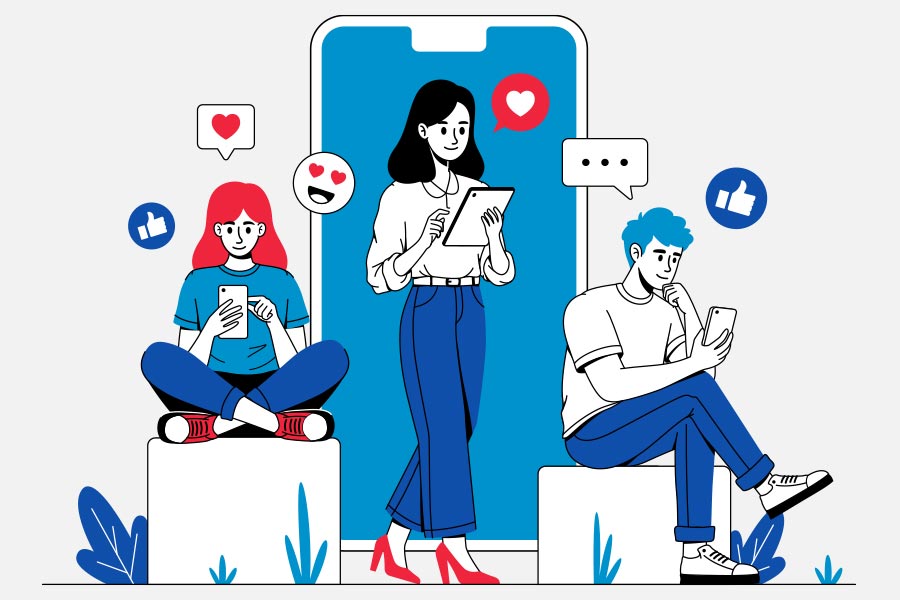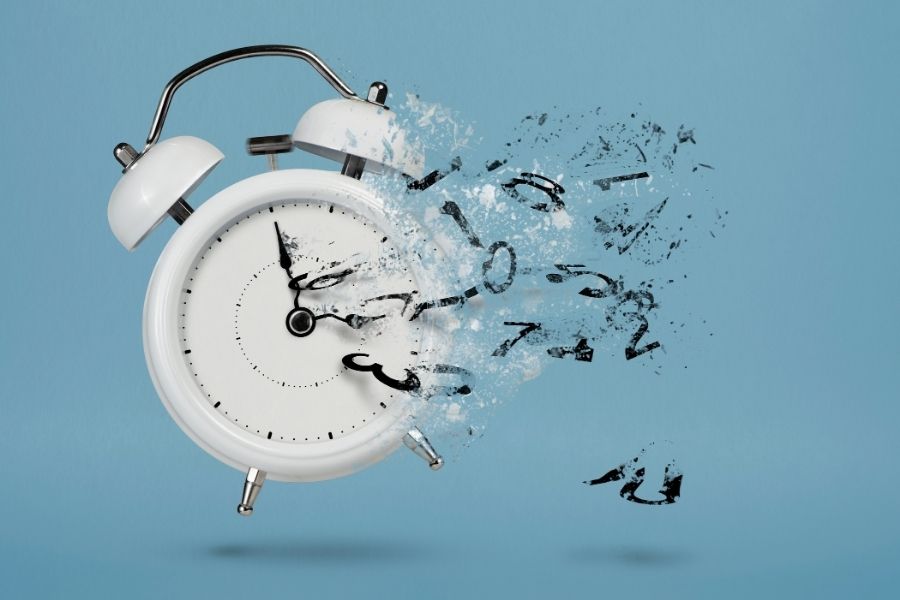“Who wants yesterday’s papers? / Who wants yesterday’s girl? / Who wants yesterday’s papers? / Nobody in the world.” — Mick Jagger and the Rolling Stones made this bold claim way back in the sixties.
But is time really the enemy? Or is it how we choose to interact with it?
My wife returned from a short trip to Goa and methodically worked her way through days of unread material, starting back-to-front. Every now and then, she would exclaim as some bit of news caught her attention, causing sudden rushes of déjà vu till I discovered I’d read it all before. It took her a couple of days, in reverse chronological order, to bring us back to the future… or the present, as the case may be. This got me thinking – does information expire, or does its relevance depend on when we choose to engage with it?
We are constantly being told how much time things take. When we open an online article, it preempts our attention span by describing it as a ‘five-minute’ or ‘eight-minute’ read. I am surprised that the device knows how long it takes me to read. It’s like Google Maps knowing how well you drive and predicting the time it will take you to get there. Or like ride-hailing apps that keep informing you that your pickup is four minutes away… or 12 minutes away... or 22 minutes away… or your driver has cancelled the trip. This intelligence, artificial as it may seem, is rather soul-satisfying. More food for thought – can I perhaps plan my day and even my life around such insight?

Shutterstock
Fifteen minutes later, if you haven’t finished the piece, you start feeling pangs of inadequacy bordering on guilt. But time is not the enemy here, it’s one’s attention span, O easily distracted mortal.
E-readers are a bit smarter — or so they claim. They stay black-and-white, refuse to indulge in distractions like emails, WhatsApp, and the relentless pings of notifications. And, of course, they “learn” your reading speed so they can predict how much time is left till you find out the butler did it. But do I really need to know that I have exactly two hours left to finish my book? Is this a helpful insight, or an unnecessary countdown — one that turns a leisurely read into yet another timed task?
For those who still enjoy holding a tangible page, there’s a certain charm to flipping through words printed on paper, running fingers over photographs, and saving snippets to read later. A friend of mine has an impossibly busy lifestyle making bread (and cakes). She wakes before dawn, gets a multitude of chores done, and then sits down to read. “It’s just a habit,” she shrugs. And as she rightly points out, well-thumbed printed material is far more useful when sifting flour or rolling up to swat a spider.

For those who still enjoy holding a tangible page, there’s a certain charm to flipping through words printed on paper, running fingers over photographs, and saving snippets to read later Shutterstock
People have changed their reading habits to match their busy lifestyles, which can stretch to 70 or even 90 working hours a week. That early morning ritual of settling into a deck chair on the balcony, with a steaming cup of tea and a couple of Marie biscuits to dunk while the world wakes up, has quietly faded. The Leisure and Tea lifestyle is replaced by other L&T lifestyles. Even the comforting hum of radio news wafting through open windows seems to have been silenced. Now we want our news in convenient bites, easily chewable and not necessarily digestible.
Videos face the same scrutiny – one of the first things we do is to check the length of the video before committing to the play button. The Next Gen has taught us to surreptitiously hit the settings gear wheel on YouTube and speed up the video playback time. Now, we can watch everything at 2x speed, with strange Mickey Mouse noises replacing the dialogue as we speed-read the captioned text across the screen. And if that’s too low – here is always the upward scroll that chokes a speaker mid sentence in favour of the next video.
To be fair, there are also people who write and warn you with a three word caution: Warning, Long Post. So you can decide if you will read it through, save it for later, or just give a thumbs up indicating you approve and appreciate, but not that you have read and enjoyed! In contrast are those innocuous looking, interesting posts that are nothing but clickbait. Once they have set up the story, they expect you to click on a link, wade through the advertisements and read page after page of “what she does next will shock you”. It never does, because I rarely reach the end of the story. But there are takers for this, for sure.
Yet, despite this obsession with time, we rarely ask if we are spending it well. Have we mastered efficiency, or have we merely filled every available moment with distractions?
In my own corner, I cling to my balcony, my reading material, a cryptic crossword and the luxury of reading at my own pace. And unlike Mick Jagger, yesterday’s girl will do just fine – especially if we can enjoy a slow-brewed cup of tea together on the balcony.
